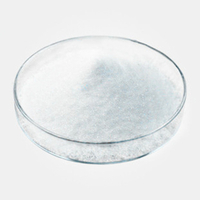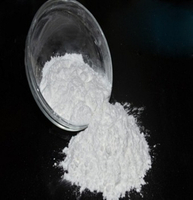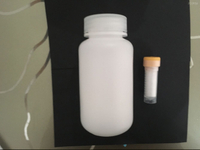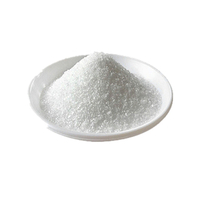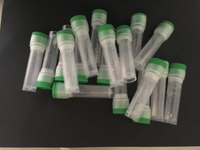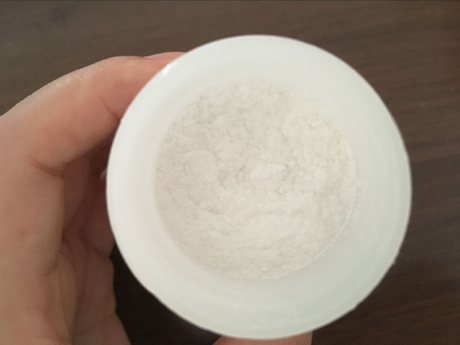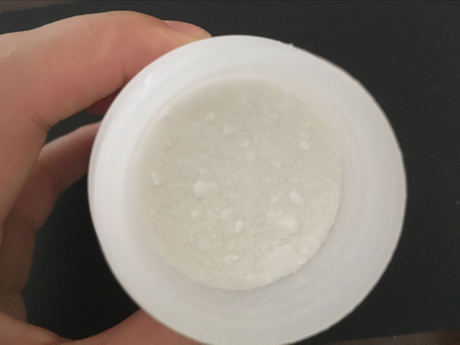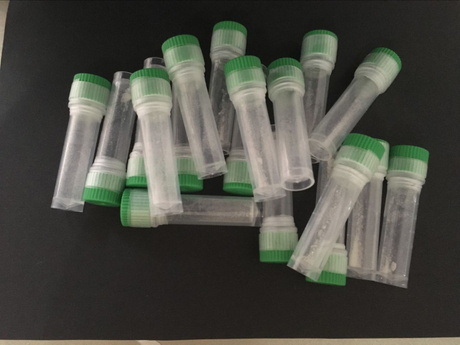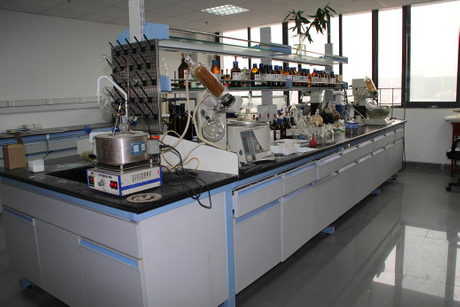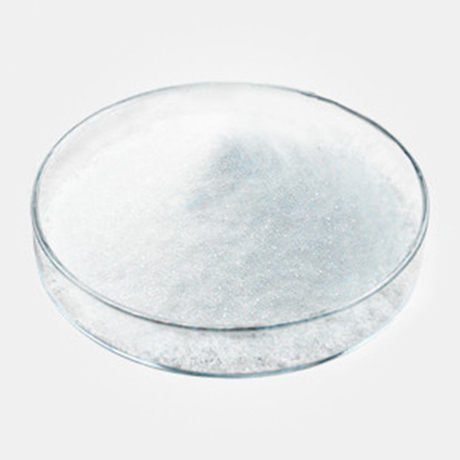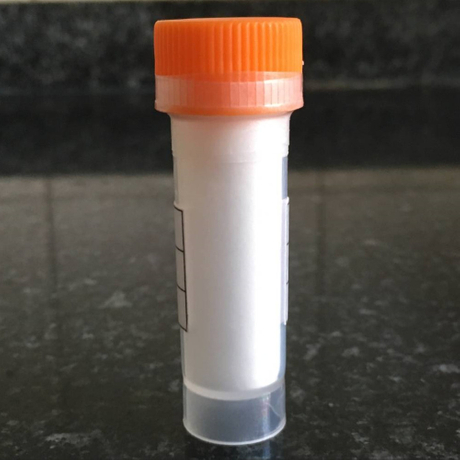Peptide Therapy: A Comprehensive Guide
Peptide therapy has gained significant attention in the health and wellness industry in recent years. From enhancing muscle growth to boosting testosterone levels and aiding in weight loss, peptides are becoming an integral part of many therapeutic regimens. In this article, we'll explore what peptides are, how they work, their different types, and their uses in therapy, alongside addressing the safety, costs, and potential benefits.
What Are Peptides?
Peptides are short chains of amino acids that are the building blocks of proteins. These amino acids are linked together by peptide bonds, and the number of amino acids in the chain determines the type of peptide. Typically, peptides are smaller than proteins, but they serve essential functions in biological processes.
Peptides naturally occur in the body and play crucial roles in various physiological functions, such as regulating hormones, supporting muscle growth, and improving metabolism. As such, peptide therapy harnesses the power of these small proteins to treat a wide array of health concerns.
How Do Peptides Work?
Peptides work by interacting with receptors in the body, mimicking or enhancing the effects of certain hormones. They signal cells to perform specific tasks, like stimulating muscle growth, promoting fat loss, or boosting collagen production.
Since peptides are naturally occurring, they tend to be more targeted and effective than synthetic drugs. Their ability to influence the body at a cellular level makes them powerful tools in therapies aimed at improving overall health and well-being.
What Are the Different Types of Peptides?
Peptides can vary based on the number of amino acids they contain and the specific functions they serve in the body. Here are some of the most common types:
Dipeptides
Dipeptides are composed of two amino acids. These peptides are small but can still have significant biological effects. They are often involved in energy production, immune function, and cellular repair.
Tripeptides
Tripeptides consist of three amino acids and have a broader range of functions, including supporting protein synthesis and acting as antioxidants.
Oligopeptides
Oligopeptides are made up of a small number of amino acids, typically fewer than 20. They are often used in therapeutic applications, such as improving skin elasticity or aiding in wound healing.
Polypeptides
Polypeptides are longer chains of amino acids, typically more than 20. These peptides can have complex and significant effects on bodily functions, like muscle growth and immune system support.
Popular Peptides in Therapy
Creatine
Creatine is a compound that enhances physical performance by helping muscles produce energy during high-intensity exercise. While it’s widely recognized as a supplement, it is technically a peptide that aids in muscle recovery and growth.
Collagen
Collagen peptides help improve skin elasticity, reduce wrinkles, and promote joint health. As the body ages, collagen production slows, leading to wrinkles and joint pain, which can be alleviated by collagen supplementation.
Ipamorelin
Ipamorelin is a growth hormone-releasing peptide that promotes the production of growth hormones. It’s commonly used in anti-aging therapies, muscle regeneration, and fat loss.
Follistatin
Follistatin is a peptide that inhibits the effects of myostatin, a protein that limits muscle growth. By reducing myostatin levels, follistatin can help promote increased muscle mass.
Peptides That Increase Testosterone
Certain peptides can boost testosterone levels, which are important for both men and women. Examples include:
Sermorelin: A peptide that stimulates the pituitary gland to release more growth hormone, indirectly boosting testosterone.
CJC-1295: A peptide that stimulates the release of growth hormone, which may help balance testosterone levels.
AOD-9604: Known for its fat-burning properties, it also helps regulate hormone levels in the body.
Best Peptides for Muscle Growth
Muscle growth can be enhanced with peptides that stimulate protein synthesis and muscle repair. Here are some of the best options for building muscle mass:
Follistatin
Follistatin’s role in inhibiting myostatin means it can enhance muscle growth by allowing muscles to expand beyond their usual limits.
CJC-1295
This peptide stimulates growth hormone production, leading to increased muscle mass, improved recovery, and reduced body fat.
BPC-157
BPC-157 is known for its healing properties, promoting tissue repair and reducing inflammation, which aids in muscle recovery and growth.
Tesamorelin
Tesamorelin stimulates the release of growth hormone and is used in therapies targeting muscle wasting conditions and body fat reduction.
How Much Does Peptide Therapy Cost?
Peptide therapy costs can vary widely depending on the peptide used, the dosage, and the frequency of treatments. On average, peptide therapy can cost anywhere from $200 to $1,500 per month, with some treatments requiring ongoing maintenance.
It's important to consult with a healthcare provider to determine the most appropriate peptide therapy for your needs and budget.
Are Peptides Safe?
Peptide therapy is generally considered safe when used under the guidance of a medical professional. However, as with any therapy, there can be risks if not administered properly. Some side effects may include:
Always work with a licensed healthcare provider to ensure safety.
What Are Some of the Most Commonly Used Peptides?
Some commonly used peptides include:
Sermorelin for growth hormone stimulation
CJC-1295 for muscle growth and fat loss
Ipamorelin for anti-aging and muscle regeneration
BPC-157 for injury recovery
AOD-9604 for fat burning and weight loss
How Are Peptides Given?
Peptides are typically administered through subcutaneous injections, although some can be taken orally. The injection method is often preferred because it ensures that the peptides reach the bloodstream more efficiently.
What Are the Benefits of Peptide Therapy?
Peptide therapy offers several potential benefits:
Improved muscle growth and recovery
Weight loss and fat burning
Enhanced skin health and collagen production
Increased energy levels and stamina
Reduced inflammation and better healing
What Are Peptides Used For?
Peptides are used for various health and wellness goals, such as improving athletic performance, promoting weight loss, enhancing skin health, and reducing signs of aging.
Are Peptides Good for Men?
Yes, peptides can be especially beneficial for men, particularly those seeking to improve muscle mass, increase testosterone levels, or reduce body fat.
How to Inject Peptides?
Injecting peptides involves using a fine needle to inject the peptide under the skin. This can be done at home after receiving instructions from a healthcare provider. It’s essential to follow proper hygiene and dosing guidelines.
How Long Does Peptide Therapy Last?
The duration of peptide therapy depends on the type of peptide and the individual's response to treatment. Some may see results within weeks, while others may require several months of therapy for noticeable improvements.
What Are the Side Effects of Peptide Hormones?
Some potential side effects of peptide hormones may include:
It's important to consult a medical professional before starting peptide therapy to ensure it’s right for you.
Does Peptide Therapy Increase Testosterone?
Certain peptides, such as Sermorelin, CJC-1295, and Ipamorelin, can indirectly boost testosterone by stimulating the pituitary gland to release more growth hormones. This effect may lead to improved testosterone levels over time.
Is Peptide Therapy FDA Approved?
Most peptides are not FDA-approved for general use, although some, like Sermorelin, are approved for specific uses like hormone replacement therapy. The lack of FDA approval for many peptides means that they are often prescribed off-label, and their safety and efficacy may not be guaranteed.
Can We Buy Peptides Over the Counter?
In many countries, including the U.S., peptides are not available for over-the-counter purchase due to regulations. However, they can be prescribed by a licensed healthcare provider. Always ensure you are obtaining peptides from a reputable source to ensure quality and safety.
Peptide therapy offers a promising solution for those seeking to improve their health, fitness, and overall well-being. As with any treatment, it’s essential to work with a knowledgeable healthcare provider to determine the best approach for your individual needs.
Anti-Acne Anti-Microbial
Anti-Aging Repair
Anti-pigmentation
Anti-Radical
Anti-Sensitivity
Anti-Stretch Marks
Anti-Wrinkle
Skincare Peptide
Breast Firming, Anti-Cellulite, and Slimming
Eye Care
Eyelash Care
Hair Care
Hair Pigmentation
Lip Care
Moisturisation
Oligopeptide
Peptide Combination
Repair Hormone Face
Peptide Intermediates
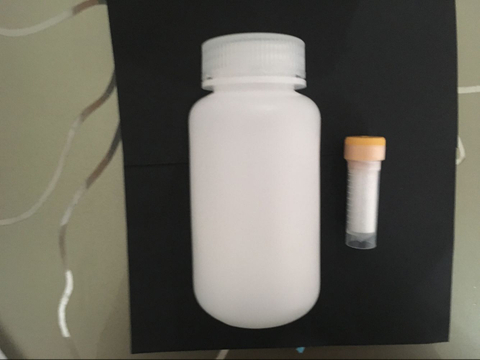 Recombinant Protein
Recombinant Protein 












